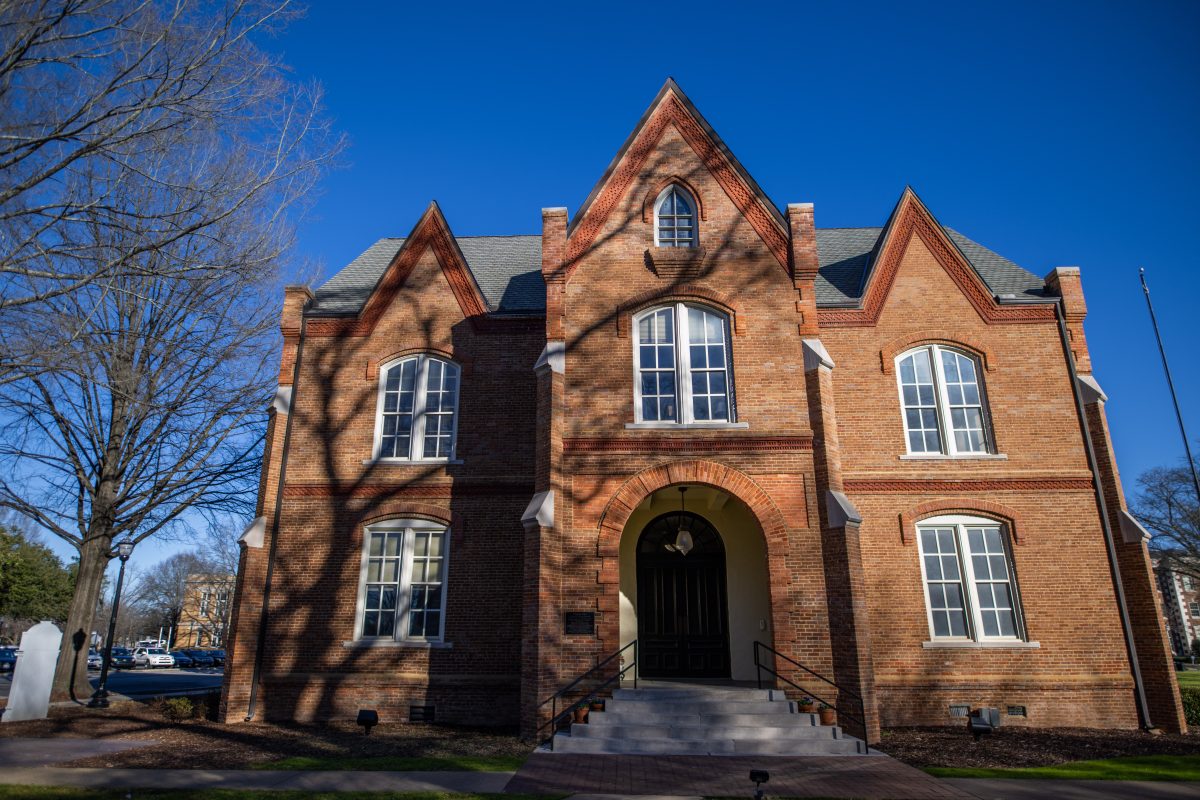While lawmakers continue to debate the future of gambling in Alabama, there is a new poll suggesting that a majority of Alabamians support regulating and taxing proceeds that result from it.
The poll, conducted by the Public Affairs Research Council of Alabama, shows that 72 percent of the state thinks gambling should be legal. This number could play a significant role if the Alabama Legislature passes the proposed bill to legalize gambling statewide.
The gambling bill, known as the “Sweet Home Alabama Plan,” is being considered by legislators. If passed, it would legalize slot machines and allow for casinos to be built in every county, giving them immunity from Alabama’s gambling laws.
Gov. Bob Riley, a staunch opponent of gambling, released a six-page statement Tuesday
highlighting key sections of the bill that he thinks are questionable.
“In my opinion, this proposed amendment — the so-called Sweet Home Alabama plan — is the biggest fraud ever perpetrated on the people of Alabama,” Riley said. “Whether you think gambling is good or bad for Alabama, this amendment is wrong on so many levels. And I will do everything in my power to expose this fraud and encourage every Alabamian to vote with me.”
West Honeycutt, deputy chairman of the College Republicans Federation of Alabama, said his thoughts align with those of Riley and that he commends him for using his authority to ensure that the law is upheld.
“I do hope every effort is made to keep these gaming establishments to a minimum and prevent bingo halls from popping up everywhere,” Honeycutt said. “While larger, more sophisticated establishments like Country Crossing and Victoryland may have a few positive elements, such as increased tourism, I personally feel the small bingo halls that have been appearing in some of Alabama’s poorer communities are only a detriment on the communities and those who live there.”
Casey Peterson, a freshman majoring in mechanical engineering, also agreed with Riley.
“Oftentimes, the public only thinks about what the money could do as opposed to its negative aspects and social ills on the community where gambling establishments exist,” Peterson said. “The people who aren’t for the bill will probably all go out and vote while people who are apathetic towards it probably will not.”
Chuck Dean, political writer at The Birmingham News, cautioned against relying too heavily on poll indicators, saying, “Remember, surveys are snapshots only. The legit ones tell you only how a representative sample of folks responded on a given day to a given set of questions.” Dean, who said he spoke from experience in Alabama, said poll results often differ from results in actual elections. “Remember this about polls. They don’t tell you who shows up to vote,” Dean said.
Despite opposition from Riley, the Senate Judiciary Committee voted in favor of the bill Wednesday, with seven Democrats voting for it and three Republicans voting against it.
The bill, which blocks criminal investigations by the governor and his gambling task force, is now heading to the Alabama Senate, where it is expected to meet steep opposition from Republicans.






